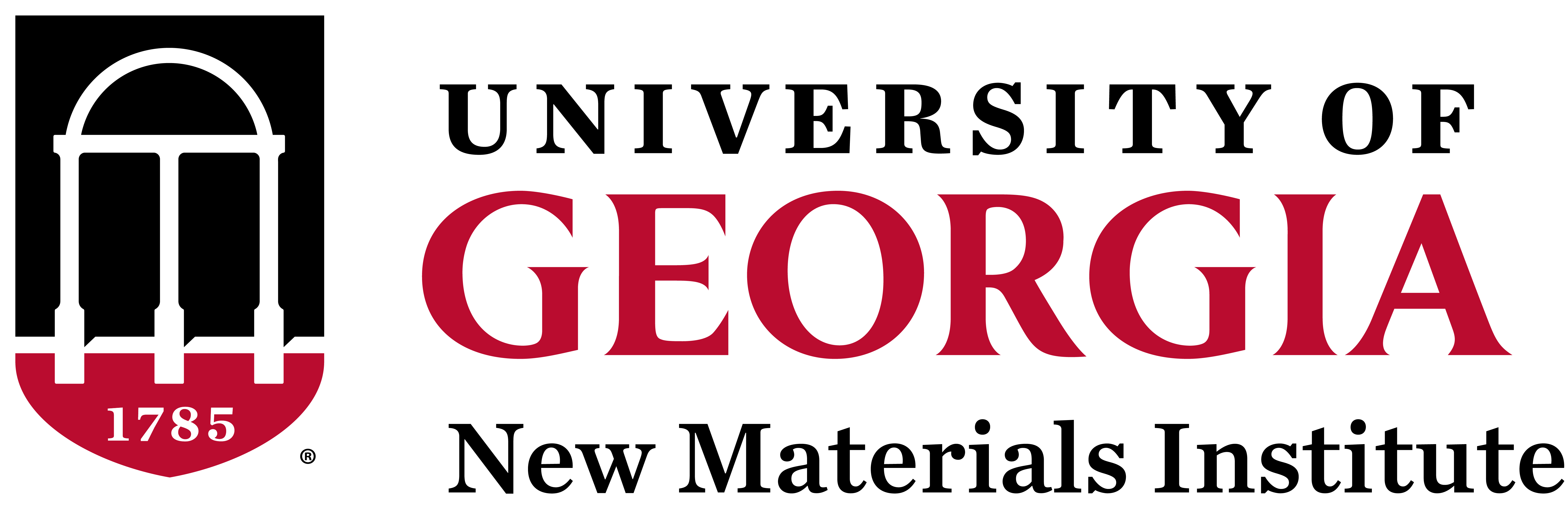Recycling wind turbine blades into high-value materials for carbon fiber production
A recent manuscript from a team at the UGA New Materials Institute utilized life cycle analysis, or LCA, to examine the sustainability of a novel coaxial layered fiber spinning process they created to recycle wind turbine blades.
